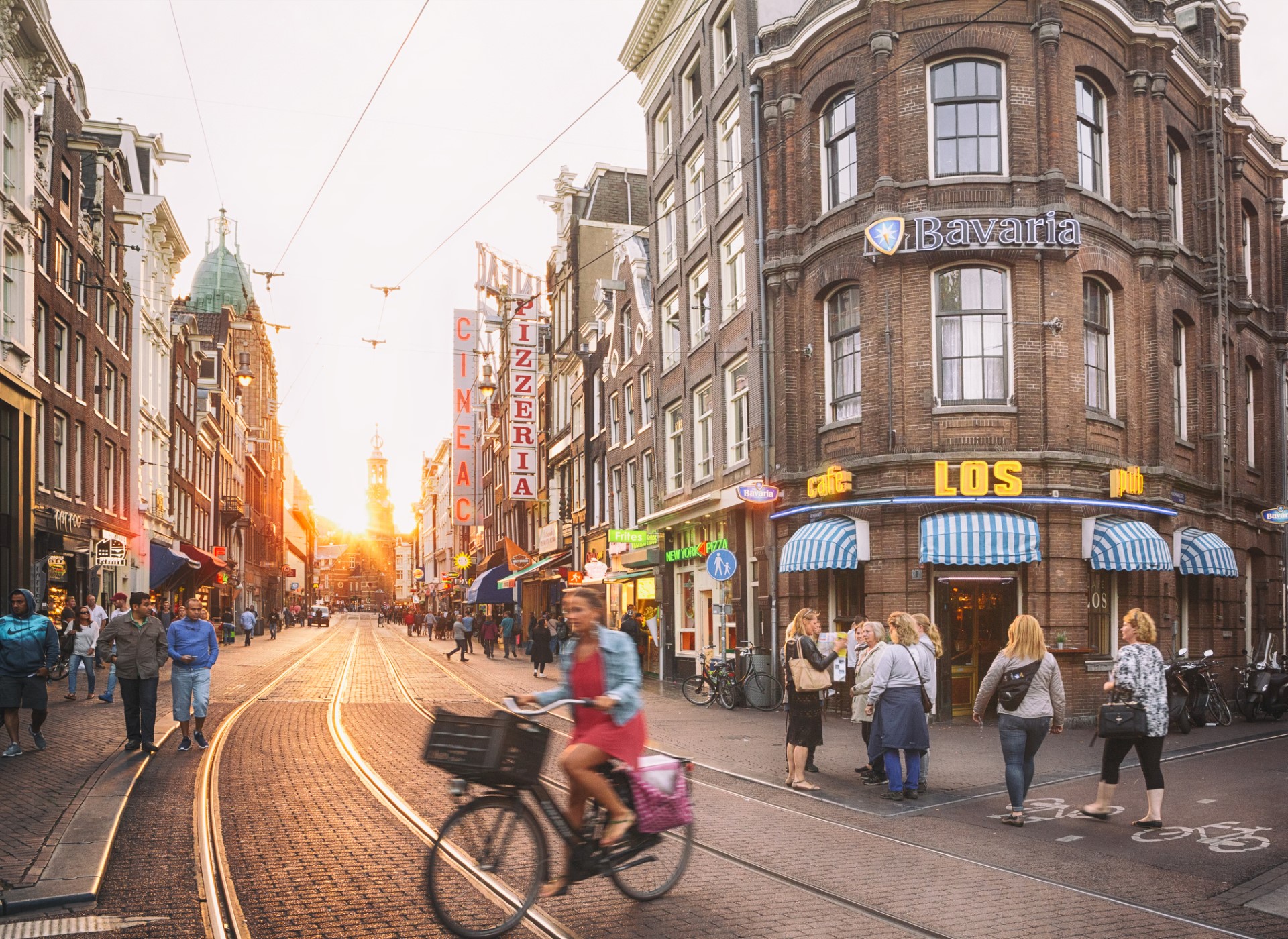We published a new paper:
THE OPPORTUNITIES, LIMITATIONS, AND CHALLENGES IN USING MACHINE LEARNING TECHNOLOGIES FOR HUMANITARIAN WORK AND DEVELOPMENT, by V. Sekara, M. Karsai, E. Moro, D. Kim, E. Delamonica, M. Cebrian, M. Luengo-Oroz, R. Moreno Jimenez, M. Garcia-Herranz, published in Advances in Complex Systems

Novel digital data sources and tools like machine learning (ML) and artificial intelligence (AI) have the potential to revolutionize data about development and can contribute to monitoring and mitigating humanitarian problems. The potential of applying novel technologies to solving some of humanity’s most pressing issues has garnered interest outside the traditional disciplines studying and working on international development. Today, scientific communities in fields like Computational Social Science, Network Science, Complex Systems, Human Computer Interaction, Machine Learning, and the broader AI field are increasingly starting to pay attention to these pressing issues. However, are sophisticated data driven tools ready to be used for solving real-world problems with imperfect data and of staggering complexity? We outline the current state-of-the-art and identify barriers, which need to be surmounted in order for data-driven technologies to become useful in humanitarian and development contexts. We argue that, without organized and purposeful efforts, these new technologies risk at best falling short of promised goals, at worst they can increase inequality, amplify discrimination, and infringe upon human rights.

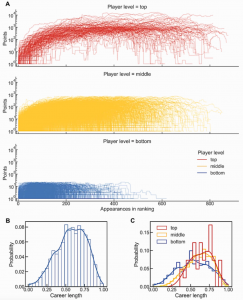
 NERDS
NERDS 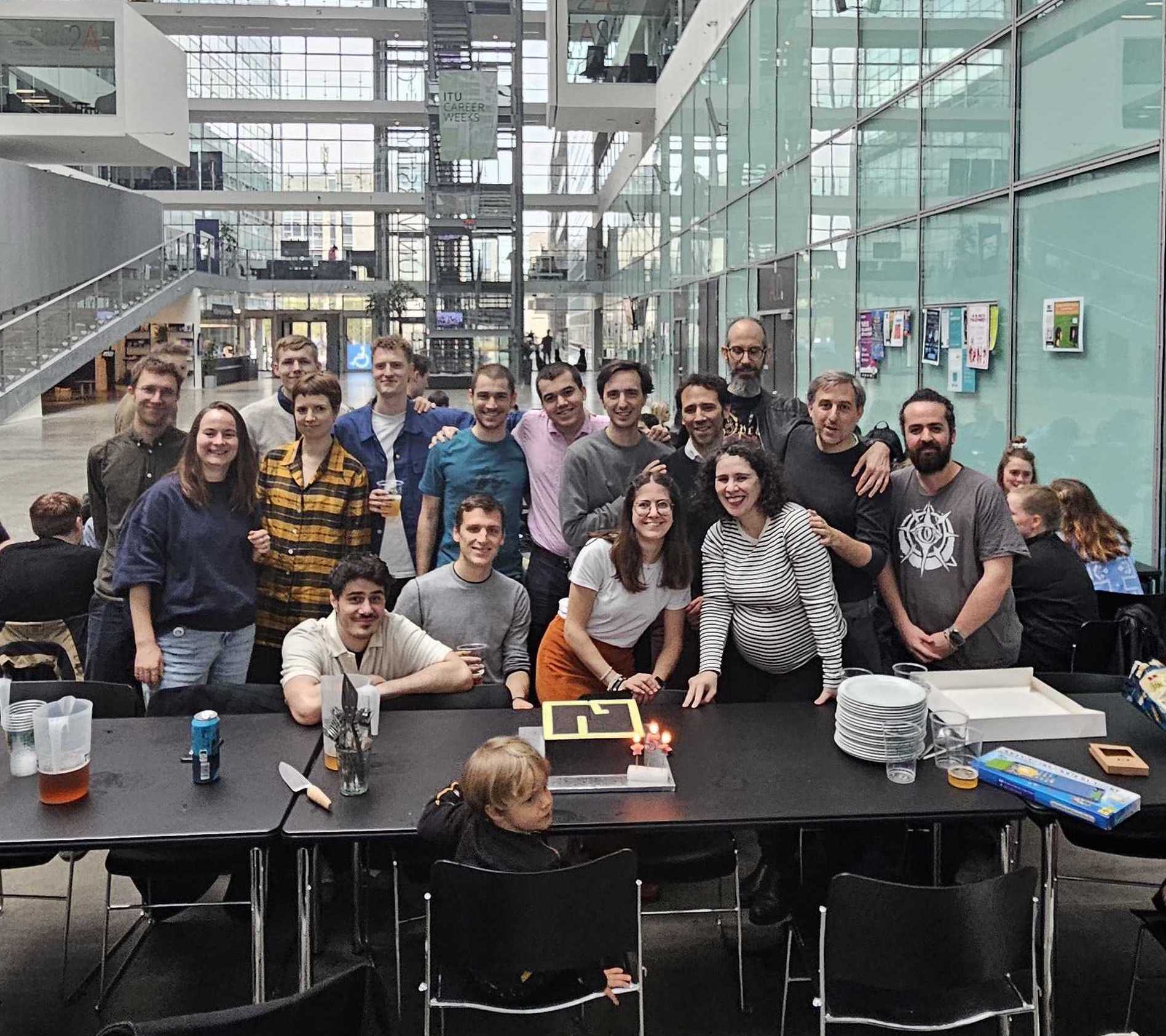
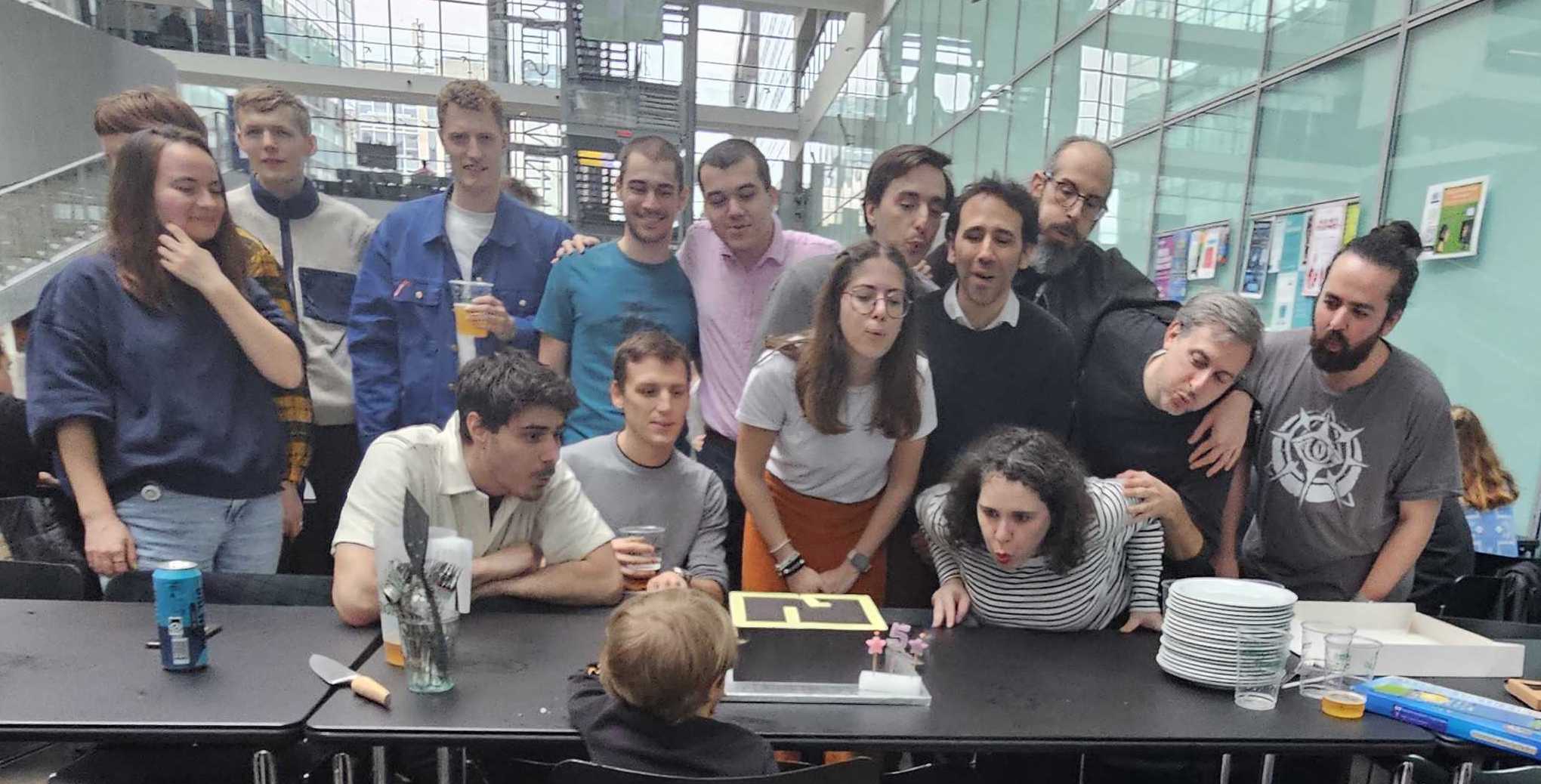
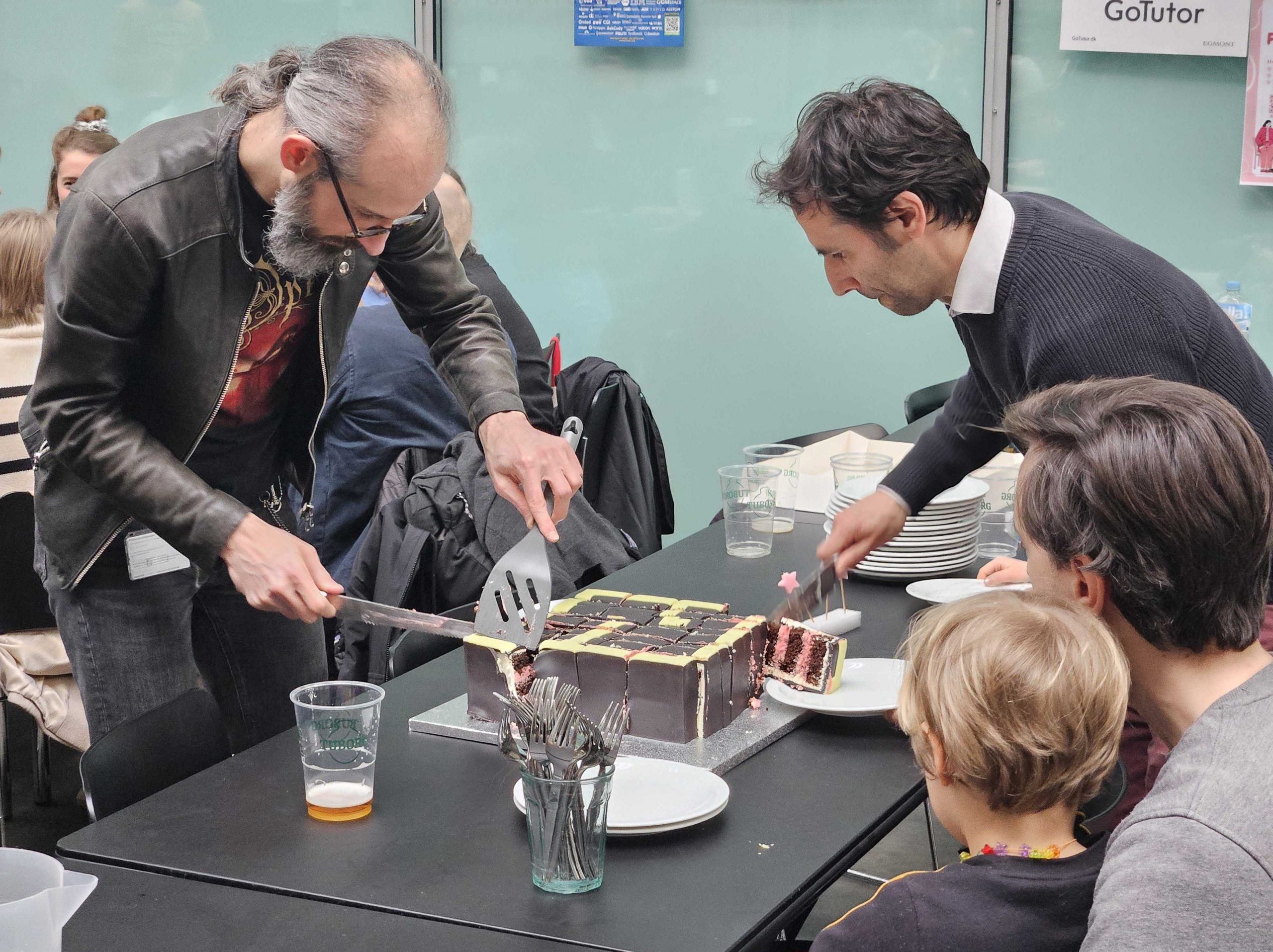
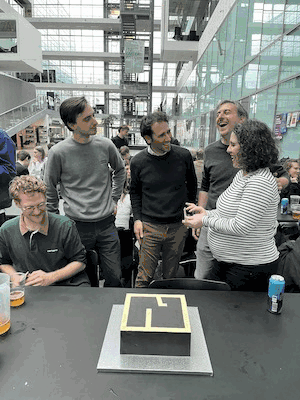
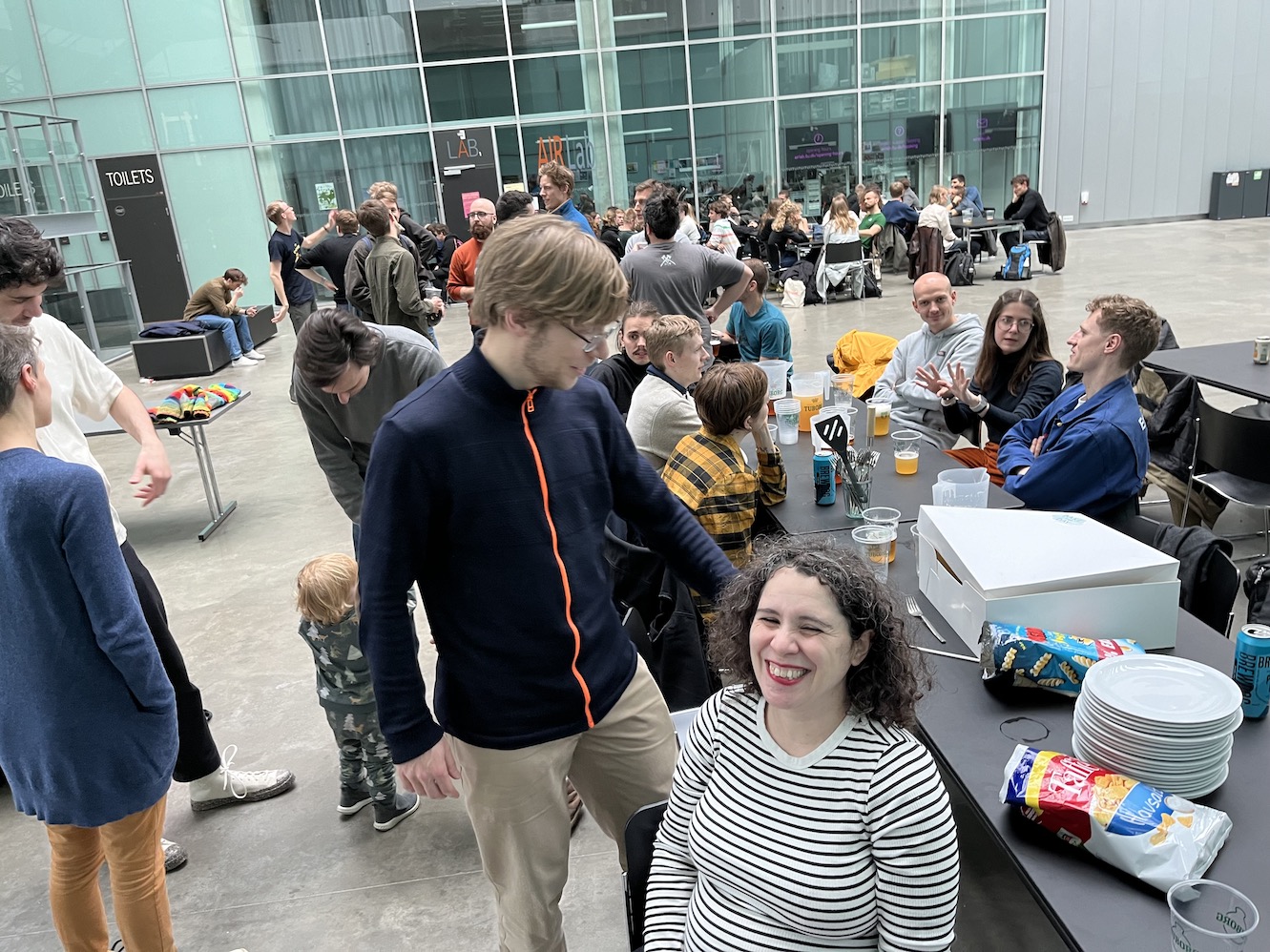
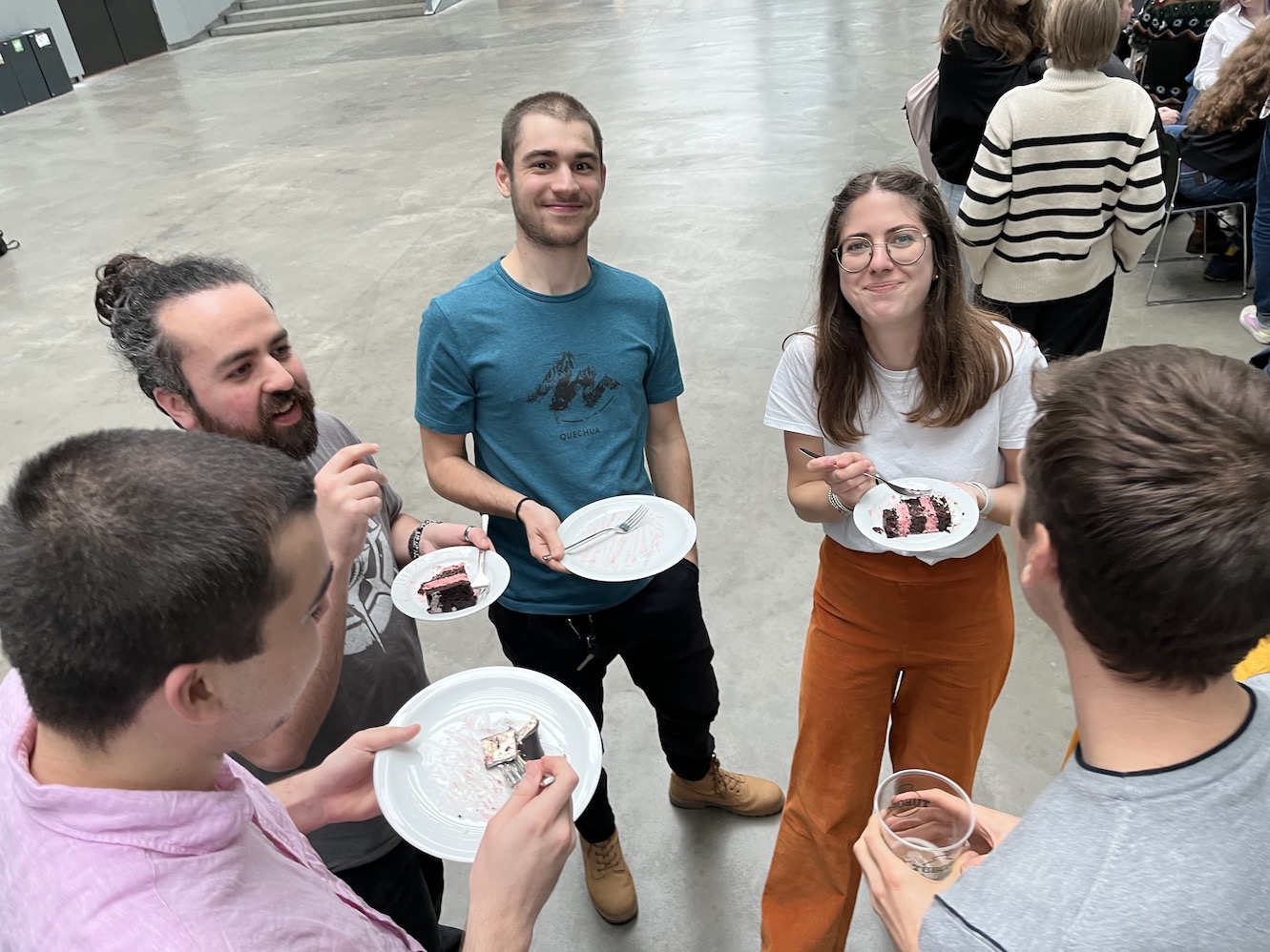
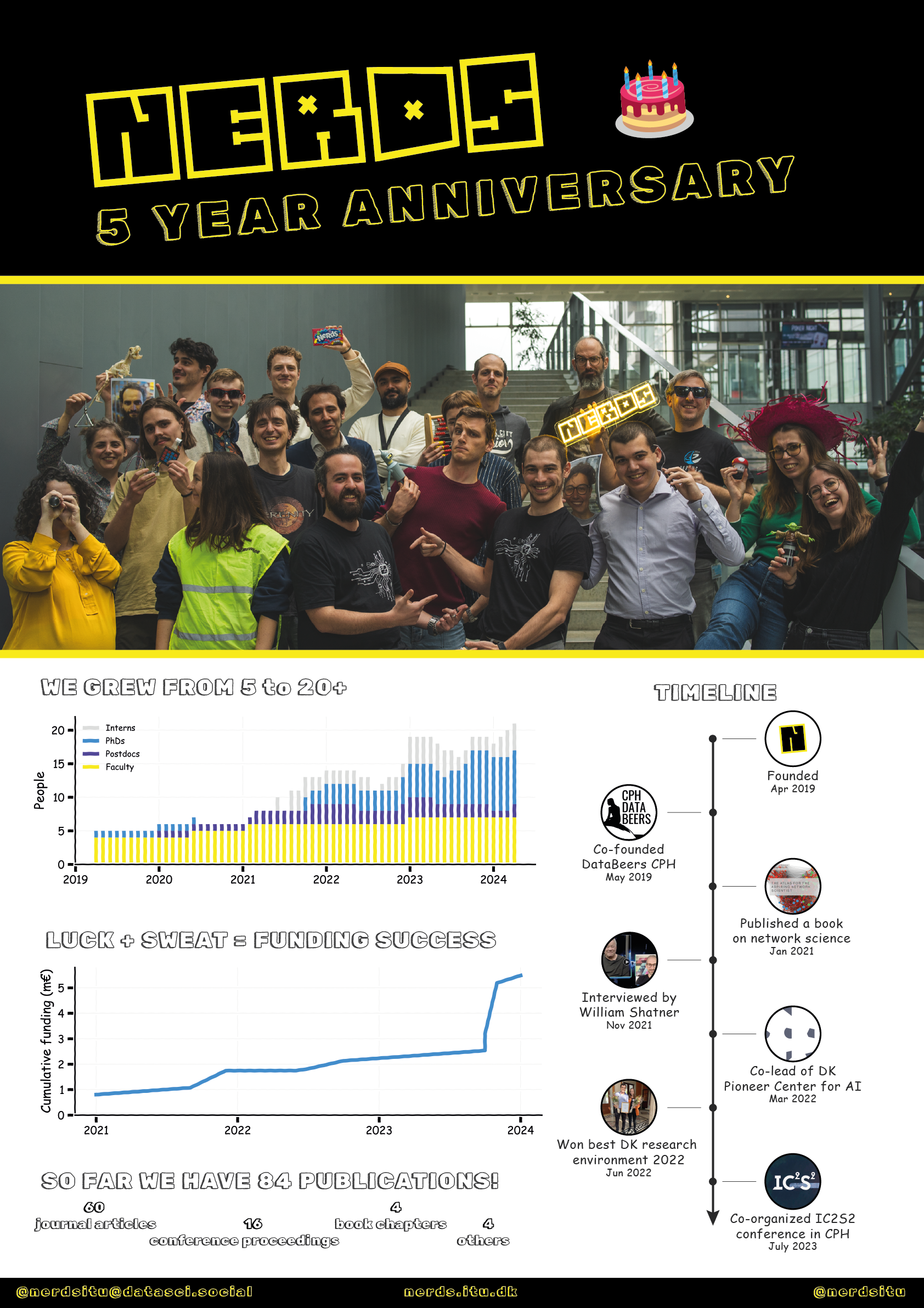
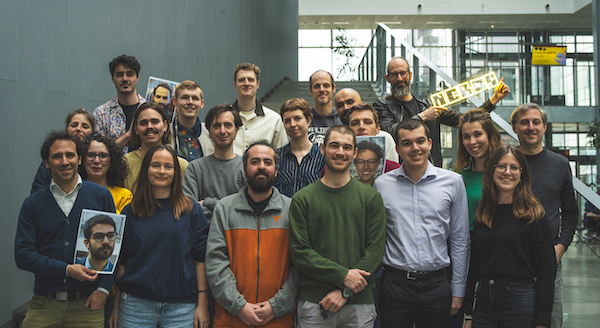
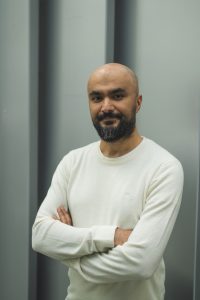
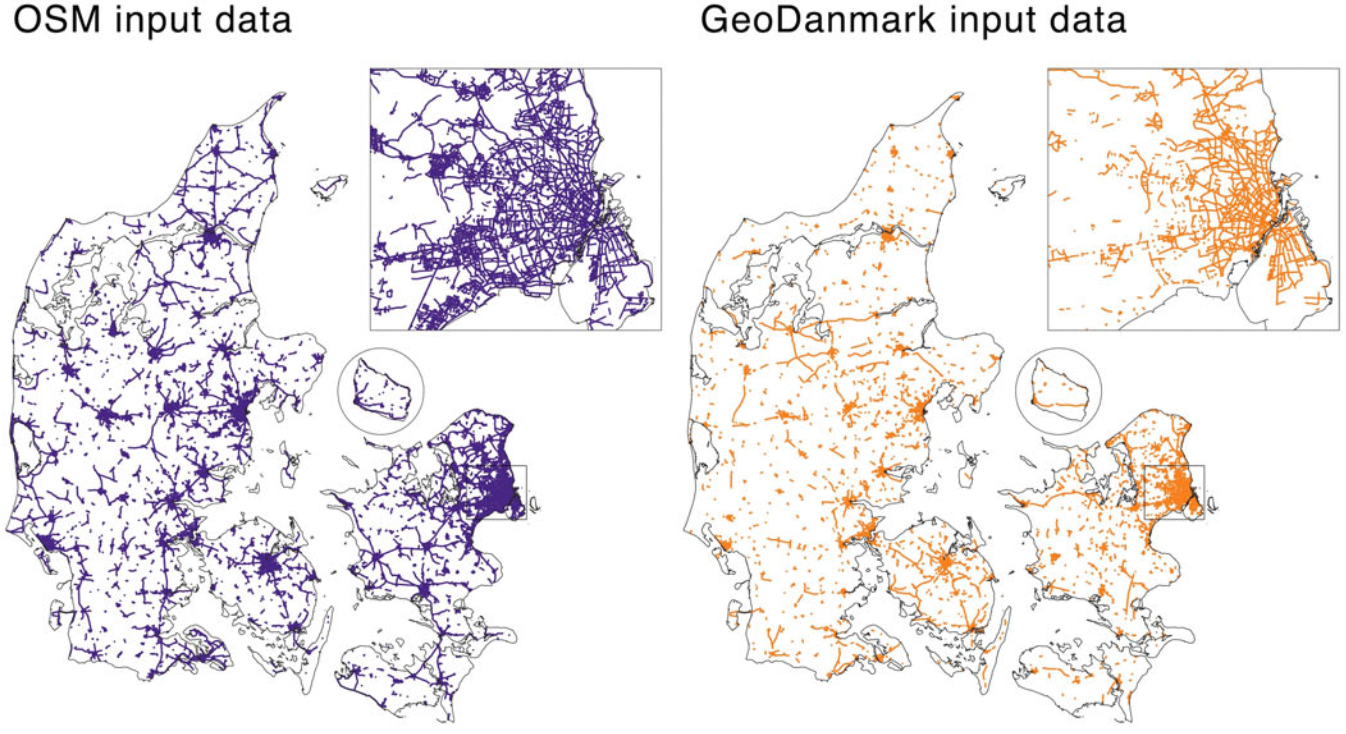
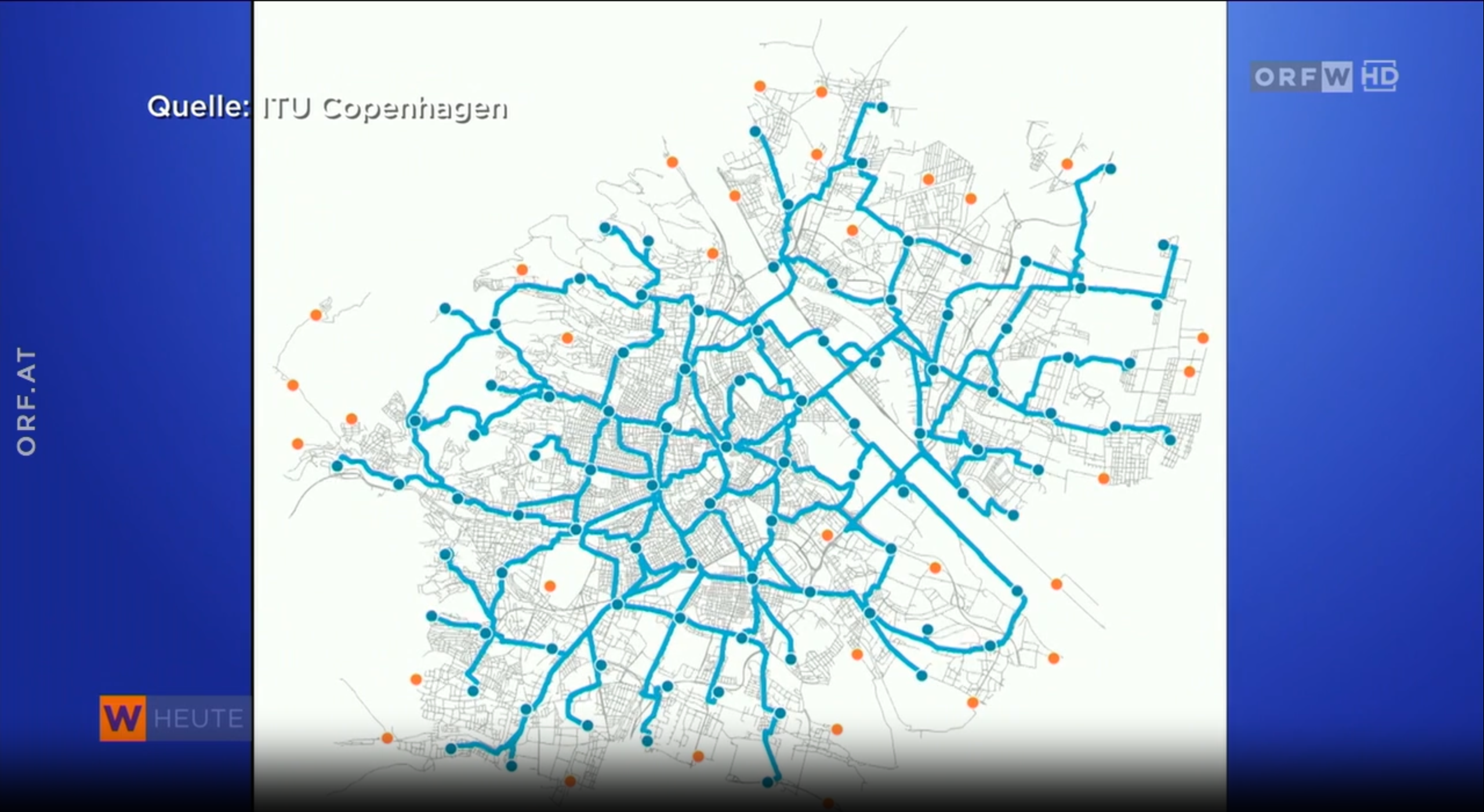
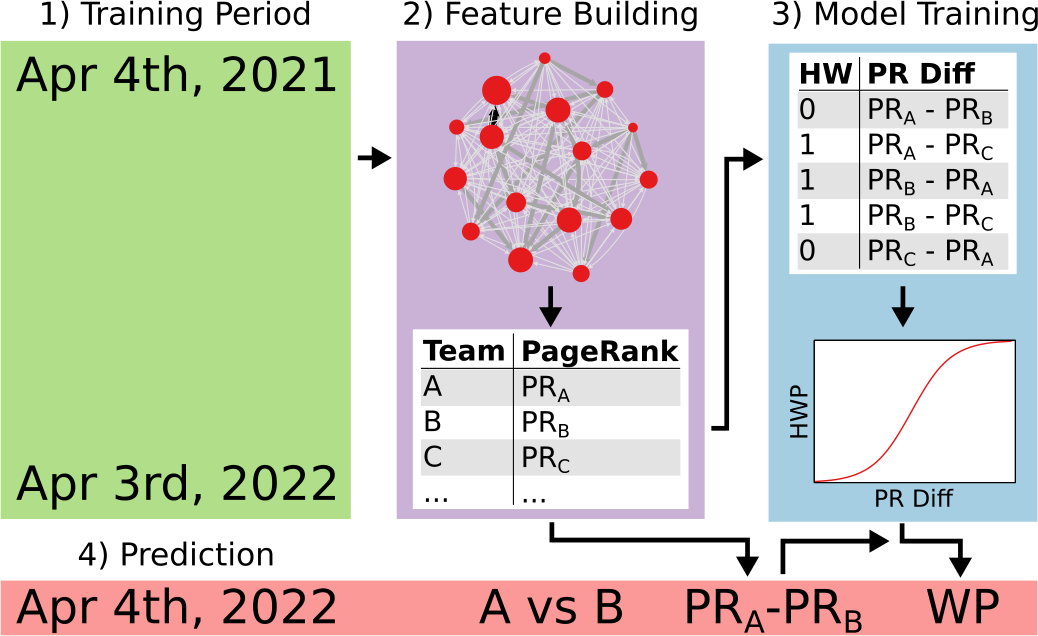
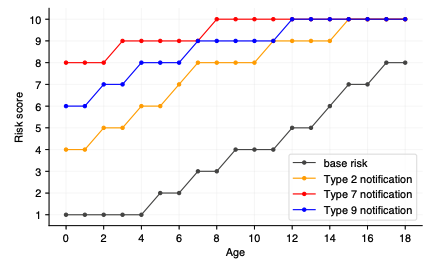
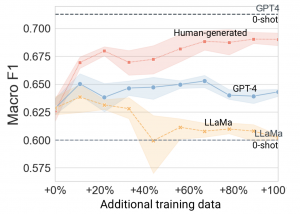
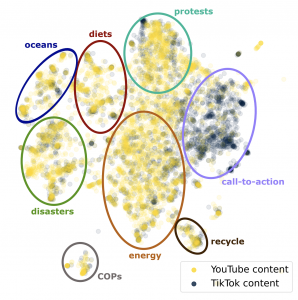
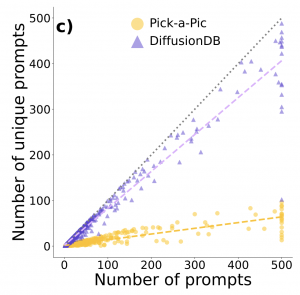
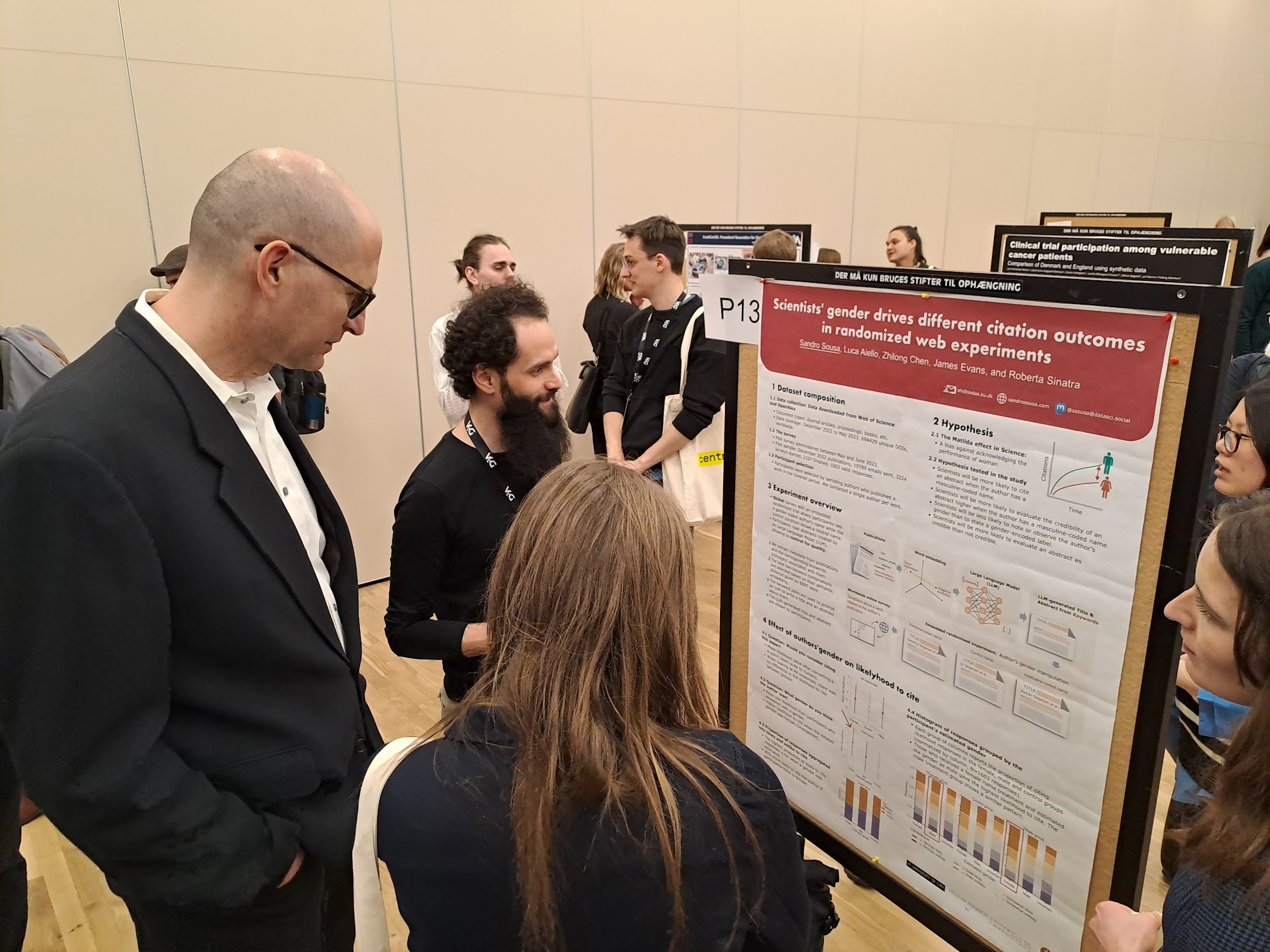
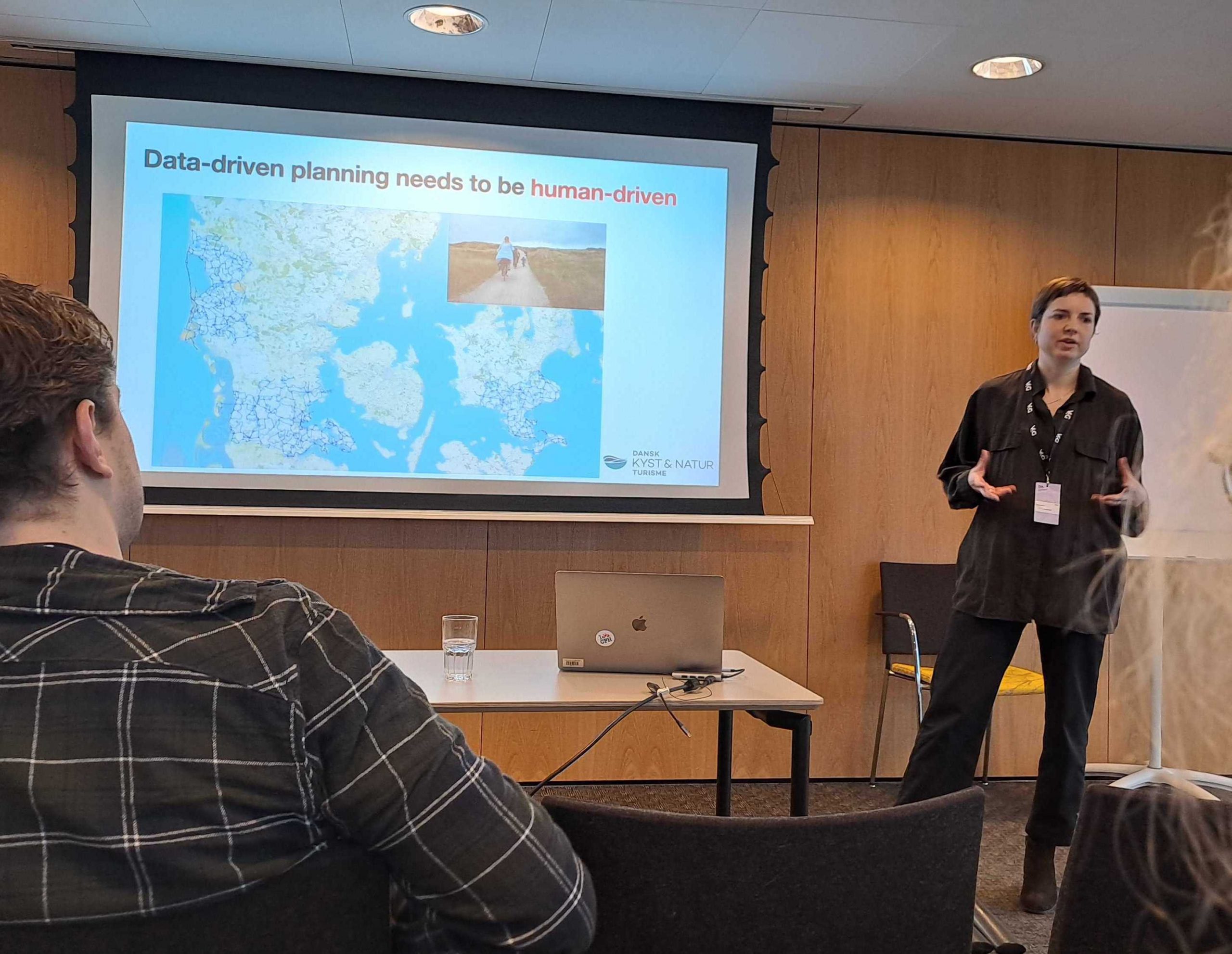
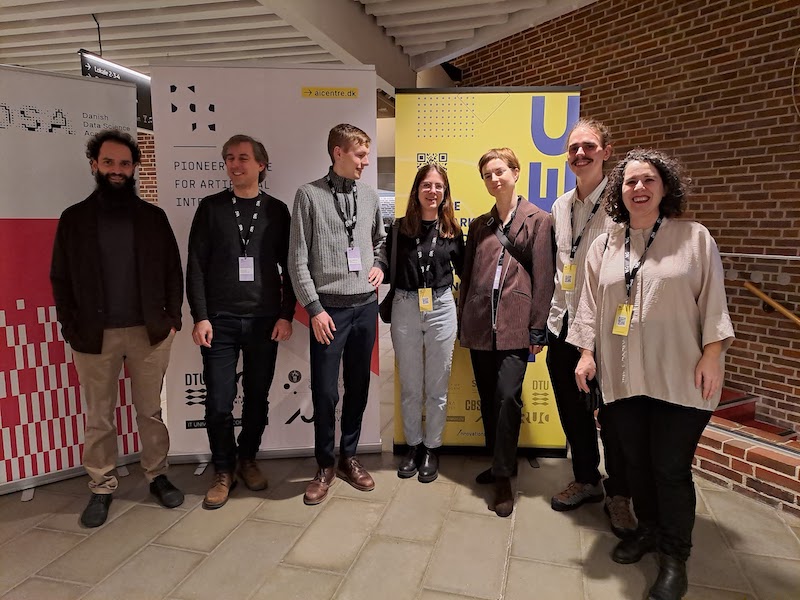
 that has just started! The consortium includes 12 European cities representing more than 4.5 million citizens. The project aims to transform cities’ car-centered mobility narratives that take for granted that streets are for motorized traffic only, to promote walking, cycling and other active modes of mobility.
that has just started! The consortium includes 12 European cities representing more than 4.5 million citizens. The project aims to transform cities’ car-centered mobility narratives that take for granted that streets are for motorized traffic only, to promote walking, cycling and other active modes of mobility.